The Energy Efficiency & Conservation (EE&C) Act, officially known as Republic Act 11285, is more than just another regulatory measure in the Philippines. It is a game-changer for businesses. As energy prices rise and environmental concerns grow, companies are under increasing pressure to become more energy-smart.
The EE&C Act mandates practices that reduce energy consumption, cut down on costs, and future-proof operations. Compliance isn’t just about obeying the law; it’s about gaining a competitive edge in an energy-hungry market.
What Is the Energy Efficiency & Conservation Act?
Republic Act 11285 was signed into law in April 2019 to promote the use of energy-efficient technologies and systems across all sectors in the Philippines. The law mandates businesses, especially those categorized as “Designated Establishments” (DEs), to monitor, plan, and reduce their energy consumption through measurable, documented, and continuous methods.
What Are Designated Establishments (DEs) Under RA 11285?
Designated Establishments (DEs) under Republic Act 11285 are businesses or organizations in the Philippines that consume a significant amount of energy. Depending on the company’s electricity consumption, it is classified into either Type 1 or Type 2 DEs.
These establishments are required to implement energy efficiency and conservation programs, appoint certified energy conservation officers or managers, and submit regular energy consumption reports. DEs play a crucial role in achieving the national goal of energy sustainability by adopting efficient technologies, reducing energy waste, and complying with government-mandated energy standards.
Why the EE&C Act Is a Big Deal for Businesses
Lower Energy Bills
Electricity in the Philippines is among the most expensive in Southeast Asia, with commercial rates ranging from ₱9 to ₱11 per kWh. For power-intensive operations like manufacturing, logistics, or real estate, this significantly affects operational budgets.
By switching to energy-efficient equipment, optimizing machinery, and adopting smart monitoring systems, companies can reduce their power consumption by up to 30%. That’s a massive saving when scaled across months and years. For instance, a manufacturing unit consuming 5 million kWh annually could potentially save ₱13.5 million per year with a 30% reduction.
Improved Operational Efficiency
Energy audits and continuous monitoring help companies identify wasteful practices. For instance, inefficient air-conditioning units, poorly scheduled machinery operation, or outdated lighting systems can quietly drain resources. With EE&C Act compliance, businesses are encouraged to replace such systems with newer, energy-saving models, boosting overall performance and minimizing breakdowns.
Stronger Brand Image and ESG Score
Today’s consumers are increasingly eco-conscious. Companies that embrace sustainability attract loyal customers, investors, and partners. Complying with the EE&C Act demonstrates a commitment to environmental responsibility, which can enhance your Environmental, Social, and Governance (ESG) score, an important metric for international investment and partnership.
Avoiding Penalties and Legal Risks
Non-compliance isn’t without consequences. Companies that fail to meet EE&C standards may face fines, license revocations, and reputational damage. By staying compliant, businesses ensure smooth operations and avoid unnecessary legal entanglements.
Industries That Should Prioritize Compliance
Manufacturing
Manufacturing plants are among the top energy consumers. From heavy machinery to temperature-controlled environments, energy usage is critical and costly. Installing solar panels for manufacturing plants or using energy-efficient motors and process automation not only reduces power bills but also boosts productivity.
Retail and Real Estate
Malls, hotels, and office buildings consume significant electricity for lighting, HVAC, and elevators. By complying with the EE&C Act, these businesses can use building management systems and smart thermostats to optimize usage and ensure sustainable operations.
BPO and IT
Data centers, server rooms, and 24/7 operations mean constant electricity usage. By retrofitting facilities with high-efficiency cooling systems and LED lighting, these companies can significantly cut down their utility expenses.
Steps to Achieve Compliance with the EE&C Act
- Conduct a Certified Energy Audit
The first step is understanding your energy footprint. A certified energy audit will pinpoint areas of high consumption, identify wastage, and recommend solutions tailored to your facility. - Designate a Certified Energy Manager or Officer
For Type 1 and Type 2 DEs, hiring or appointing a DOE-recognized energy manager is mandatory. This professional will oversee energy-saving initiatives, compliance reporting, and audit coordination. - Install Smart Monitoring Systems
Energy monitoring devices can provide real-time data on electricity usage. This transparency helps in setting goals, measuring improvement, and ensuring consistent progress. - Implement Energy Efficiency Projects
These could include:
- Replacing CFLs or fluorescent lights with LED bulbs
- Installing solar panels for manufacturing plants and commercial buildings
- Retrofitting HVAC systems
- Improving insulation and sealing leaks in buildings
- Submit Regular Reports to the DOE
Annual reports documenting energy consumption, conservation efforts, and future plans are required. Ensuring accurate and timely submission keeps your business in good standing.
Nativ Techniks Can Help You Stay Ahead
At Nativ Techniks, we believe that energy efficiency is more than a trend; it is a necessity. That’s why we offer end-to-end solutions to help Philippine companies comply with the EE&C Act. From solar panel installation for commercial and industrial sites to energy audits and sustainability consulting, we equip your business to save more and achieve more.
Our team of experts designs systems that match your budget, goals, and growth trajectory. Whether you’re a manufacturing powerhouse or a real estate developer, we provide personalized support that drives real results.
Real-World Benefits of Compliance
Reduced Downtime
Energy-efficient systems are often more reliable and require less maintenance. This results in fewer interruptions and more predictable operations.
Better Staff Productivity
Proper lighting, temperature control, and indoor air quality, all outcomes of energy efficiency measures, create a more comfortable and productive work environment.
Long-Term Cost Savings
Initial investments in efficiency upgrades or solar installations may seem high, but the return on investment (ROI) is undeniable. Commercial solar panels, for instance, can pay for themselves in 5–7 years while offering free energy for decades.
Future-Proofing Your Business
Global trends are shifting toward sustainable practices. Governments, clients, and consumers will increasingly demand proof of energy responsibility. Complying with the EE&C Act puts your business ahead of the curve, ready to meet future demands and regulations.
Philippine Energy Landscape and the Urgency to Act
With over 60% of the country’s power still dependent on imported fossil fuels, the Philippines is vulnerable to global fuel price fluctuations. Frequent brownouts, rising generation charges, and transmission losses further highlight the inefficiency in the current energy setup.
The government’s goal is to reduce energy intensity by at least 3% annually and to strengthen the country’s energy security. Businesses have a critical role to play here, not only as consumers but as leaders of change.
Conclusion
The Energy Efficiency & Conservation Act is a landmark law that empowers Philippine companies to do better, for the planet and for their profit margins. By complying, businesses can cut down electricity bills, improve operations, and build a sustainable brand image.
With rising energy costs and increased scrutiny over environmental impact, there has never been a better time to act. At Nativ Techniks, we’re committed to helping you succeed in this energy-smart future. Whether it’s installing commercial solar panels or navigating compliance requirements, we’re with you every step of the way. Compliance isn’t a burden, it’s a competitive advantage waiting to be seized.
So, contact us to know more and get the best panel for your needs. To call, dial +639176310032 or write to us directly at wecare@nativtechniks.com


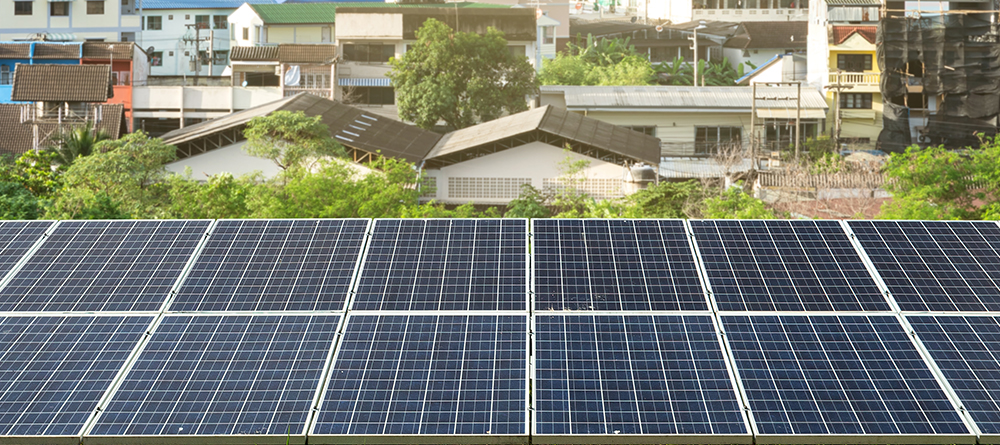
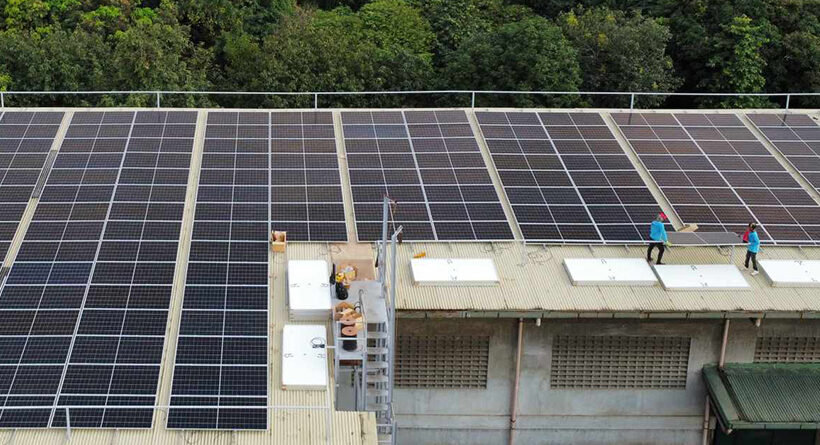



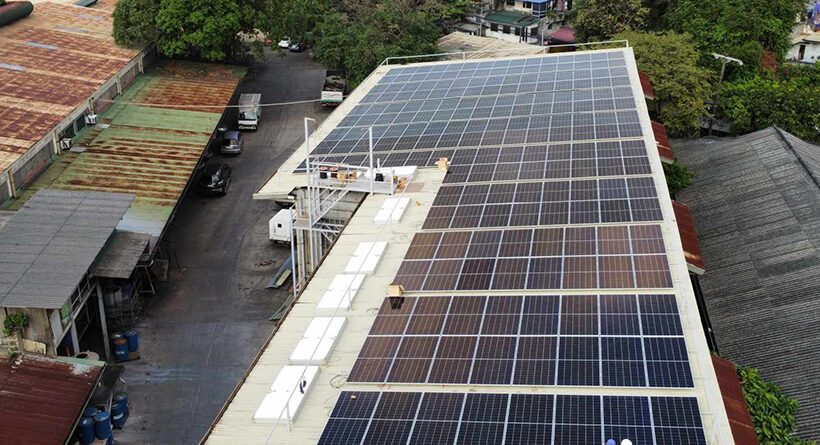
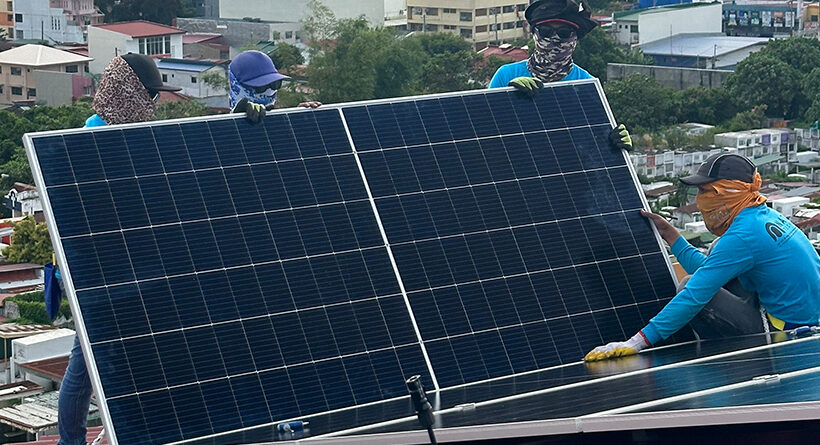


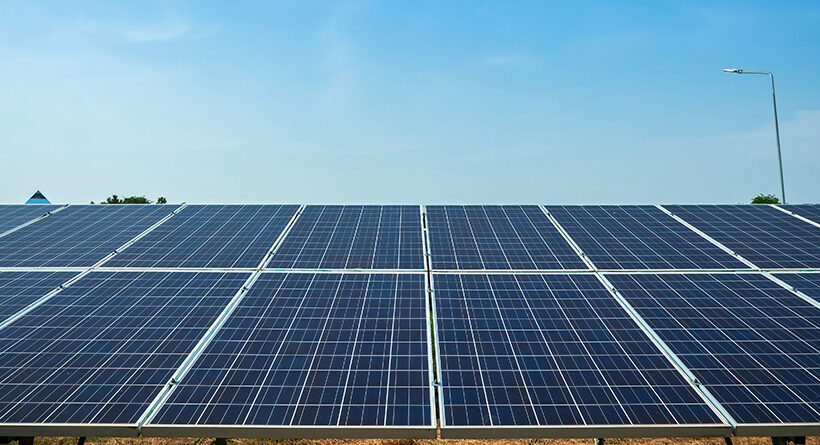
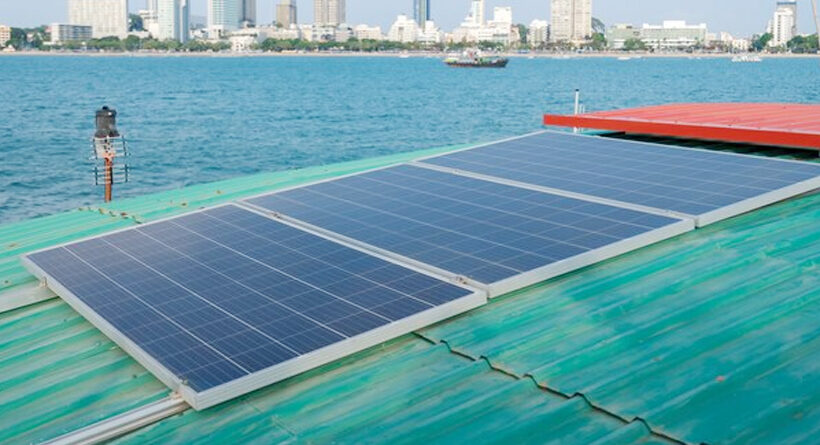
Leave a Reply